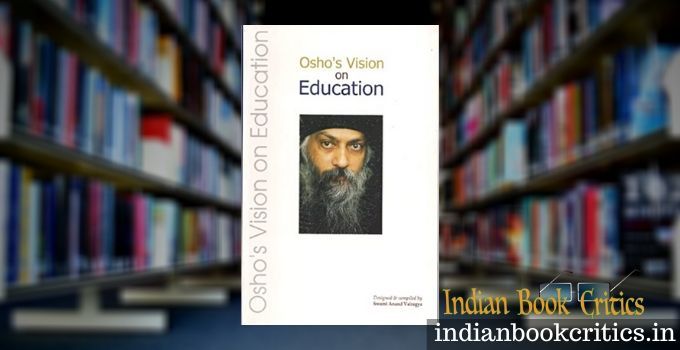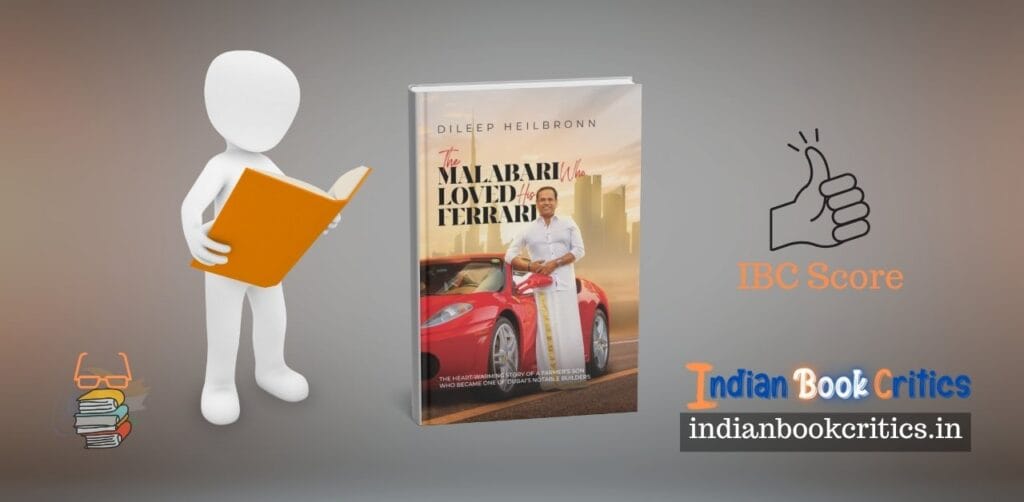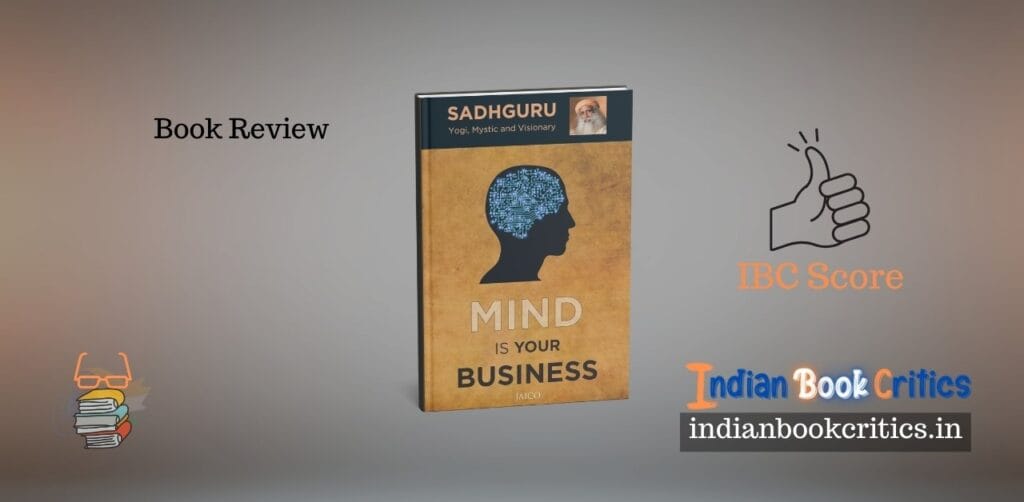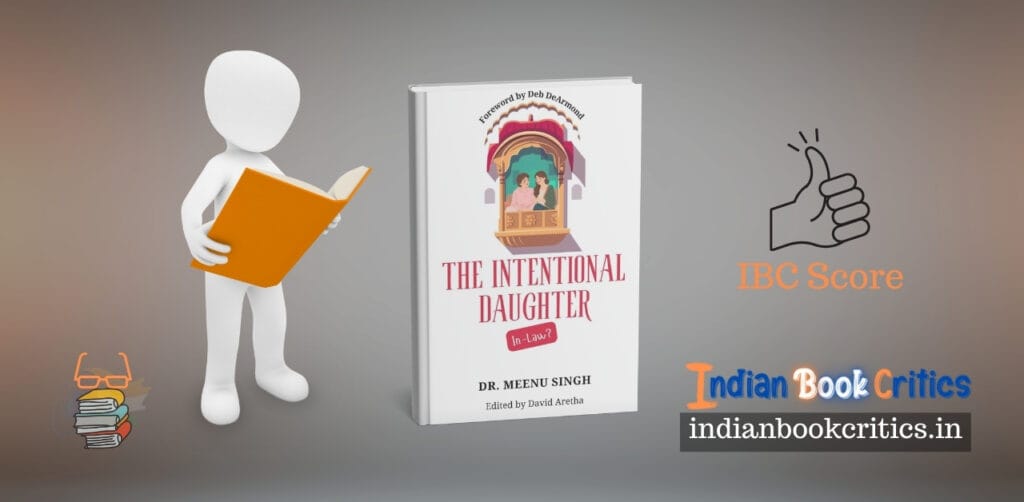Osho, perhaps, is one of the major spiritual personalities, who, like a book being judged by its cover, has been judged by many just by the thoughts, rumours and judgements by ‘others’ instead of people indulging themselves in finding out more about him. If I write honestly, I may be called one such person myself who has been ‘not liking’ Osho just by having a glimpse at the thoughts of others and not bothering to know Osho directly. Was I mistaken? Largely. Do I stand on some of my points even now? Surely. So, I do accept that Osho is a mistaken personality and I would like to discuss one of the books which are based on his thoughts on education (not directly written by him) to justify that Osho does hold a depth within his thoughts and a vision which must be interpreted by individuals before judging him based on ‘reviews’ of others. Let’s get into the book – Osho’s Vision on Education by one of his disciples, Swami Anand Vairagya.

The book has been divided into three different and very interesting sections – Art of Rearing, Art of Living and Art of Dying. Added to these sections, there are 96 chapters in the book, divided into various groups: Parents Education, Child Education, Teen Education, Youth Education, Middle Age Education and Old Age Education. Well, it is a little unconventional but the book starts right from the beginning, from the womb itself and to the death-bed. So, the author has cleverly gathered the thoughts of Osho in an order that makes the book a complete glimpse of what Osho thinks of education at different stages of life.
Right from the beginning of the book, Osho’s candid, bold, and ‘effective’ solutions or suggestions or thoughts can be read by the readers. He advises the parents how to make sure that the upcoming child is not only physically healthy but also mentally and intellectually wonderful. He advises the mothers to do Yoga, Dhyan and also think wonderfully and avoid negativity around them. However, there are a few extremely bold demands, if I may say, made by the spiritual leader which might create some controversy. He thinks that there should be ‘semen banks’ in every hospital just like the blood bank so that getting a ‘desired child’ becomes fairly convenient. Is this possible? Yes, maybe! However, is it appropriate? Debatable.
There are other things in the first section that talks about education for the parents. Painless childbirth, being meditative while making love and creating a life, respecting the children, making them fearless, not forcing them into anything and so on… many things are there that will be interesting for men and women, alike.
In the section about education for children, Osho’s thoughts are almost rebellious to an extent. He talks about the beginning of education right from the beginning itself and he cites various scientific resources to prove his point. He is right as well. However, when most of his thoughts linger around sex, sex education for children and perceptions about sex, a reader might be annoyed, at times. Nevertheless, you will find the examples, that emphasise on the need for proper sex education right from the very childhood, very compelling and persuasive. He declares that children are very perceptive and they should not be kept from the truth with fancy facts.
The greatest, perhaps, phase in the book begins when the readers cross parents and the childhood education sections. I, in any way, am not saying that these two sections are not interesting or convincing. I just mean that when we say the word ‘education’ we naturally associate the idea with students, the real students, youths and university and college-goers. Isn’t that the customary version? And, sweetly shockingly, I am not ashamed to say that my judgement of Osho’s overall impression was utterly wrong. However, I do maintain that I still don’t agree with a fair part of the pie chart of his thoughts. Still, his views on education are revolutionary, unique and natural.

Education should be freedom. Education unburdens you of your absurdities of memory. Education should accept the truth that everybody is unique and there cannot be a uniform comparison among them. And many thoughts like these await the readers as they keep turning the pages of this wonderful book of ideas collected from various of Osho’s discourses, writings and speech on many occasions. And, most of them, will satisfy the readers internally.
Osho’s vision on education might, sometimes, be juxtaposed to those by Swami Vivekananda, directly or indirectly. For instance, Swami Ji believes, and I fully agree, that there must be certain ideals in the society which signals us about the right and the wrong. On the other hand, this mysterious mystic advocates for freedom be stuffed into the children’s mind and the society should let him choose what he thinks to be right and wrong for himself. This can be dangerous because people may think to murder as a source of entertainment, recreation or just a sport. And we know this is dangerous when it happens because we face it too frequently these days. So, Osho does miss the point that there MUST be certain virtues that need to be embedded in the mind of children as they grow because one should not mistake freedom to think freely with freedom to think the worst to others to be free! Nevertheless, the readers will certainly enjoy reading the points made by Osho as the book furthers into its length and depth.
He advocates that marriage should be made more difficult than the process of getting divorced and I fully agree with that idea because there is no point in counselling the couples who have made their decisions. Instead, there should be a session of psychological counselling right at the outset of marriage so that the professionals can help a couple understand each other better, to the depths and for the best of their future. Sometimes, we must have seen, many people hurry into painful marriages that prove to be lucrative and romantic before the beginning and excruciating as they develop.
Osho’s ideas about meditation, life, life in full sprits and death, as a matter of fact, are wonderful. You cannot ignore the words, the sentences and the ideas decorated behind those. He proclaims that meditation is the key to happiness and knowing all that we cannot know by reading thousands of books. He also refers to ancient Hindu texts many times on the right occasions. Osho also emphasises on the role of literature, art, creativity and liberal sciences in life and puts it above the hardcore science. It might be interesting for many readers.

There are many other things in the book that I would like to talk about and I may even talk when I get the chance to do so. However, for the book review purpose, I think the above-mentioned points are more than enough to draw you into an engaging reading session and I am sure, all my learned friends, won’t miss this opportunity to read the book by Swami Anand Vairagya, the disciple of Osho himself. The book is very interesting and it will never disappoint the reader. Though hardcore readers of non-fiction books might tend to finish the book the same day, you can also read it chapter by chapter and enjoy it as it lasts, thinking between the chapters and discussing what you read with your reader friends. Well, read it the way you like but do read it because it has the beauty, the rebellion, the bizarre and the wonderful in it!
You can get a copy of the book from Amazon India and enjoy reading it right away! Click the link below to get it.
Buy the book now – click to get from Amazon
Review by Alok for Indian Book Critics
Osho's Vision on Education: Book Review
- Indian Book Critics' Critical Rating
Summary
Osho’s Vision on Education is a very engaging book, to be frank. It is a book that is not only full of ideas but also full of emotional thoughts and intellectual emotions. You will love the book if you like to wander in the lanes uncertainty which is certain…




2 Comments. Leave new
Hy indian book critics team thank you for this post
This is a wonderful book review. I agree that Osho isn’t all acceptable a man but his opinions, at times, are very persuasive and powerful.